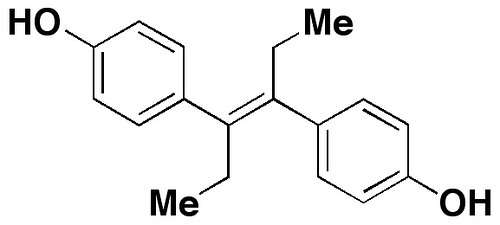The Endless Futile War Against Synthetic Drugs
New York magazine has a very interesting article by Vanessa Grigoriadis on how the the passions of DIY chemists in a wired wiki world--combined often with the fruits of grey-market globalization--are making this a golden age of new experimental psychedelic and entheogenic drugs:

making large batches of these drugs is surprisingly easy. All you have to do is send a CAS number (chemical I.D.) to the one country in the world that's best at making all sorts of weird chemicals, from HGH to soy sauce to the plastic goo that forms Walmart toys—China. Morris has checked out a couple of Shanghai labs where vendors outsource drug production and says they make other drugs there, like off-market Viagra. "The [Chinese plants] may not be up to the standard of a Merck pharmaceutical manufacturing plant, but many are producing high-purity products, with surprisingly few compounds containing dangerous contaminants" or misidentified ones, he says, describing standing on a shipping dock with barrels of synthetic pot doubtlessly headed for the U.S.
For most underground psychonauts, direct-from-China is now the preferred source of drugs, other than a clandestine chemist who can be trusted, and with China in the picture, there are fewer and fewer of those in the U.S. "Clandestine chemistry is a dying American folk art," says Morris.
Says a law-enforcement official, "China's a mess. We're not going to go over there and just tell them they're dropping the ball. It's being done, but sensitively. It's a monster challenge."
A challenge they are apt, like most drug war challenges, to lose.
Rand Paul makes a cameo appearance in the story later on:
The media storm over [the alleged synthetic "bath salt" cannibal face-eating] attack got so intense that Chuck Schumer, the government's loudest advocate for making these drugs illegal, was able to push a new federal synthetics act past the opposition of Rand Paul and others. In the summer of 2012, Obama signed it into law, making most of the 2C class, as well as a few bath salts and Huffman's drugs, illegal, with manufacture and sale punishable by up to twenty years in prison.
The logic of the government war on drugs people might enjoy is relentlesss and might lead to weird places:
the government may start to take a closer look at this world. The Feds even recently scheduled 2C-N, a necessary intermediate for the manufacture of many synthetic drugs, though it doesn't actually get you high—but it is useful in a synthetics lab. [Hamilton] Morris calls the current situation an "infinite game of cat and mouse," where the government schedules a drug, then chemists race to find a new legal compound. "Three weeks ago, we had our first detection of new derivatives, PB-22 and 5F-PB-22," says Kevin Shanks, a forensic toxicologist in the Midwest. "Quinoline derivatives are uncontrolled by the federal government, and I see them becoming prevalent very quickly." Adds Lapoint, the toxicologist: "Until we can break the model of releasing a new chemical that retains the same affinity for the receptor of an illegal drug but is structurally dissimilar enough that you can avoid getting popped, this is the new normal. Brick-and-mortar quasi-legal head shops are hard enough to stop, but the Internet vendors are fully whack-a-mole … The new drug dealer is the mailman."
Will the cat finally catch the mouse? Some psychonauts fear that the government, in desperation, might take a pharmacodynamic backward approach, looking at the receptor activated by the drug and scheduling backward from there, claiming that any organic molecule that binds to the CB1 receptor and makes you stoned is a schedule 1 drug. But then they'd have to schedule other drugs with CB1 affinity, including Tylenol. And they'd be "banning specific states of consciousness," says Morris. "If the plan weren't so futile, it would be utterly terrifying."
Grigoriadis quoted me in an earlier Rolling Stone feature she wrote in 2006 exploring the modern psychedelic underground, focusing on thought leader and guru Daniel Pinchbeck.


Show Comments (184)